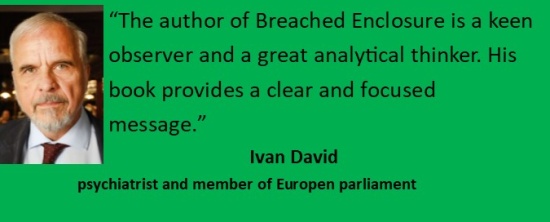On 6 November 1941, a large exhibition entitled “European France” was inaugurated in the Grand Palais in Paris under the auspices of the Vichy regime. In April 1942, the exhibition was reopened under the title “New Life”. A month earlier, the exhibition “Bolshevism against Europe” was opened in the Wagram Hall on the same street. A huge sign proclaimed: “A united Europe is united labor, united effort, increased profitability, more leisure, more prosperity, the end of wars, the achievement of unity.”
From October 1941 onwards, the German invasion of Russia was presented in France as a joint action to promote European culture against Bolshevism, a product of Asiatic barbarism. The regular listing of Russian losses was accompanied by the slogan: “The triumph of Germany fighting for a new Europe.”
In his radio address on 30 October 1940, Marshal Pétain stressed that his government in Vichy was acting “within the framework of the constructive activities of the new European order.” Pierre Laval, originally a leftist politician, formerly a pacifist who had emerged from the socialist movement, and later Prime Minister of the collaborationist Vichy government, famously said, “I wish for a German victory, for without it Bolshevism would settle everywhere tomorrow.”
“I wish for a German victory, for without it Bolshevism would settle everywhere tomorrow.”
Today, fortunately, we are much further along. On their joint visit to Kiev, the German Chancellor and the French President condemned the barbarity of Russia, which has become a symbol of incredible cruelty and senseless violence. They stressed that Ukrainians ‘defend every day the values of democracy and freedom that are the foundation of the European project’. French President Macron declared that Ukraine must prevail and, together with German Social Democratic Chancellor Scholz, promised Kiev more state-of-the-art weapons. Delivering more and more weapons, the two statesmen said, will hasten the arrival of peace.
And so there is nothing to do but to rejoice that Europe has finally found itself after its troubled beginnings more than 80 years ago. Hail Europe!
Jan Keller is a Czech professor of sociology.


